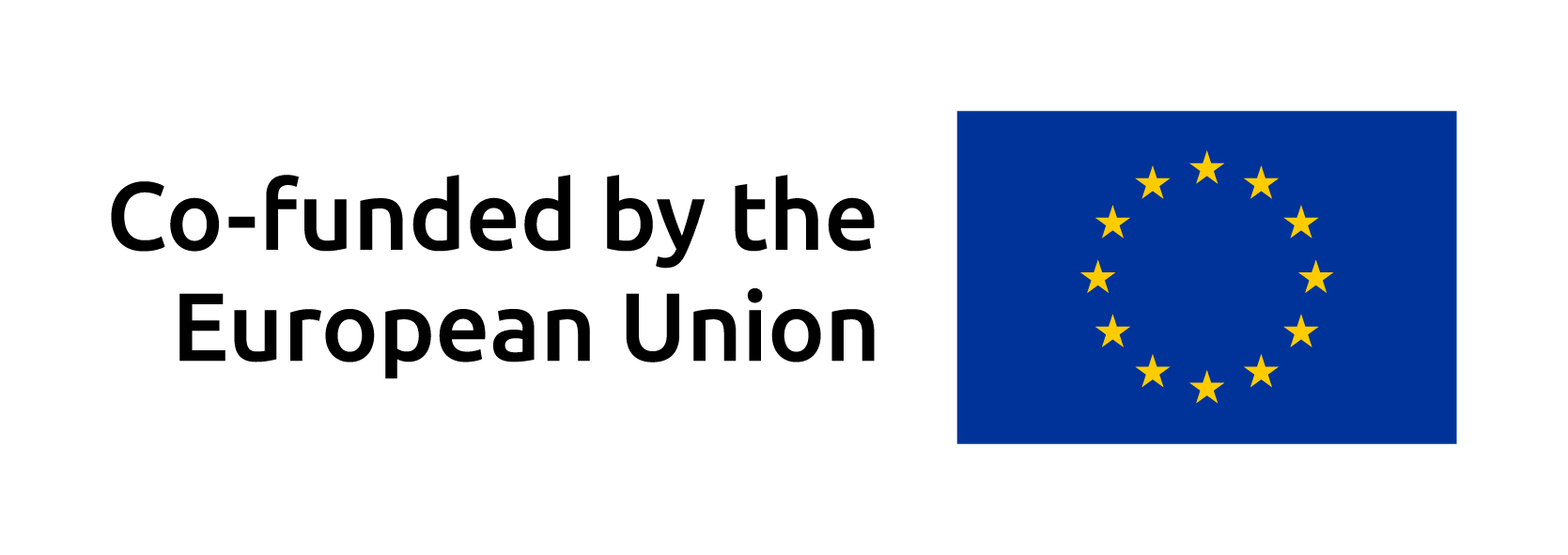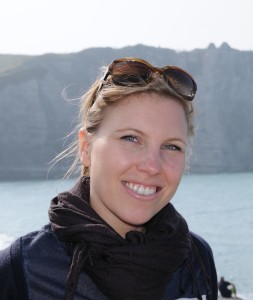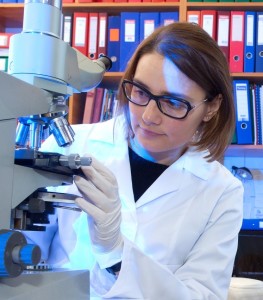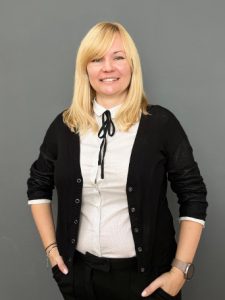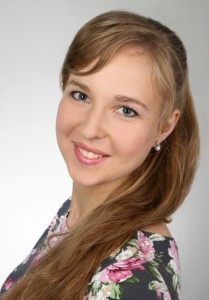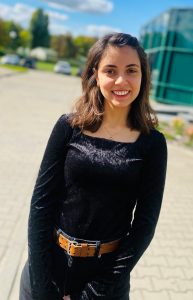Prof. Maciej Kurpisz MD, PhD, Doctor honoris causa, Head of the Department of Reproductive Biology and Stem Cells, Institute of Human Genetics Pol. Acad. Sci. Poznan. He graduated from Poznan University of Medical Sciences in 1980. Then he was promoted to MD in Immunology and Ph.D. in Genetics. Since 1996 nominated as a full professor. He performed professional training in UK, USA, Japan, Germany and Switzerland.
His interests include: male infertility, andrology, anti-aging, stem cell application in cardiovascular and neurodegenerative diseases.
He has published over 400 scientific articles in prestigious journals, books/monographs and book chapters. Among the others in: New England Journal of Medicine, Gene, Genes and Immunity, American Journal of Medical Genetics, Chromosome Research, Circulation, European Heart Journal, American Heart Journal, Nature Clinical Practice, Cell Transplantation, International Journal of Cardiology, Biology of Reproduction, Fertility and Sterility, Human Reproduction, Molecular Human Reproduction, Molecular Reproduction and Development, Journal of Reproductive Immunology, International Journal of Andrology, Journal of Andrology etc.
Citations (Web of Science): over 2500 (without self-citations), H-index: 28, cumulative IF over 440.
New technologies developed mostly include stem cell application: 2002 – 2nd in the world myoblast delivery to postinfarction heart at the opportunity of open heart surgery, 2004 – first in the world percutaneous delivery of human myoblasts, 2007 – pioneering trial of human stem cell tracking and migration; 2009 – pioneering trial of intramyocardial delivery to non-ischemic cardiomyopathy; 2010 – pioneering clinical trial of anal sphincter regeneration; 2012 – pioneering trial with intramyocardial delivery of genetically-modified myoblasts. All these listed methodologies aim to optimize and implement stem cell therapy to regenerative medicine. Participation in SSA EEC Project included European Network for Stem Cell Treatment in Post – Infarction Heart which led to form international Consortium with ‘native’ autologous human stem cell application in myocardium. In male infertility were also identified novel genes (TEX 11) responsible for control of meiotic and mitotic cell divisions introduced to molecular platform for infertility diagnosis.
Long lasting collaborations with Department of Cardiology, University of Vienna (post-infarction model in pigs) and Department of Physics, Freie University Berlin (in nanotechnology), Johns Hopkins University School of Medicine, Institute of Cell Engineering, Baltimore, USA, Maggee Women’s Research Institute, University of Pittsbourgh, USA, Lviv National Medical University and National Academy of Medical Science of Ukraine (male infertility genetics).
Experience in research projects and R&D projects (with particular reference to those carried out with international cooperation): Prof. Kurpisz is experienced scientist developing new technologies based on stem cell-therapies in regenerative medicine and reproductive biology mainly connected with myopathies, male infertility, genetics and experimental cardiology and andrology. He has successfully sought 70 grants – 61 national and 9 international, among them two grants from the Wellcome Trust, World Health Organization, SSA European Commission including “Stem cells application for myocardial repair”, NATO-Collaborative Linkage Grant, 2 R&D grants of NCR&D (No. NR13 0066 06 “Marital infertility – identification of molecular background as a basis for introducing algorithms for its prevention”, 2009-2012 and No. NR13 0065 06 “Myoblasts and their function in regenerative medicine – clinical and pre-clinical studies”, 2009-2014), Grants No. PBS3/A7/27/2015 “Molecular imaging (including nanotechnology) for monitoring of implanted stem cells and their pro-regenerative functions”–Applied Research Programme (2015–2018); and 2 R&D projects in the framework of STRATEGMED „Prevention practices and treatment of civilization diseases”: EPI CELL “Low molecular weight epigenetic modulators for activation of pluripotency of cells for regenerative medicine purposes” and GRP&ALS “Application of glial progenitors for treatment of ALS” (2015-2019), and other.


